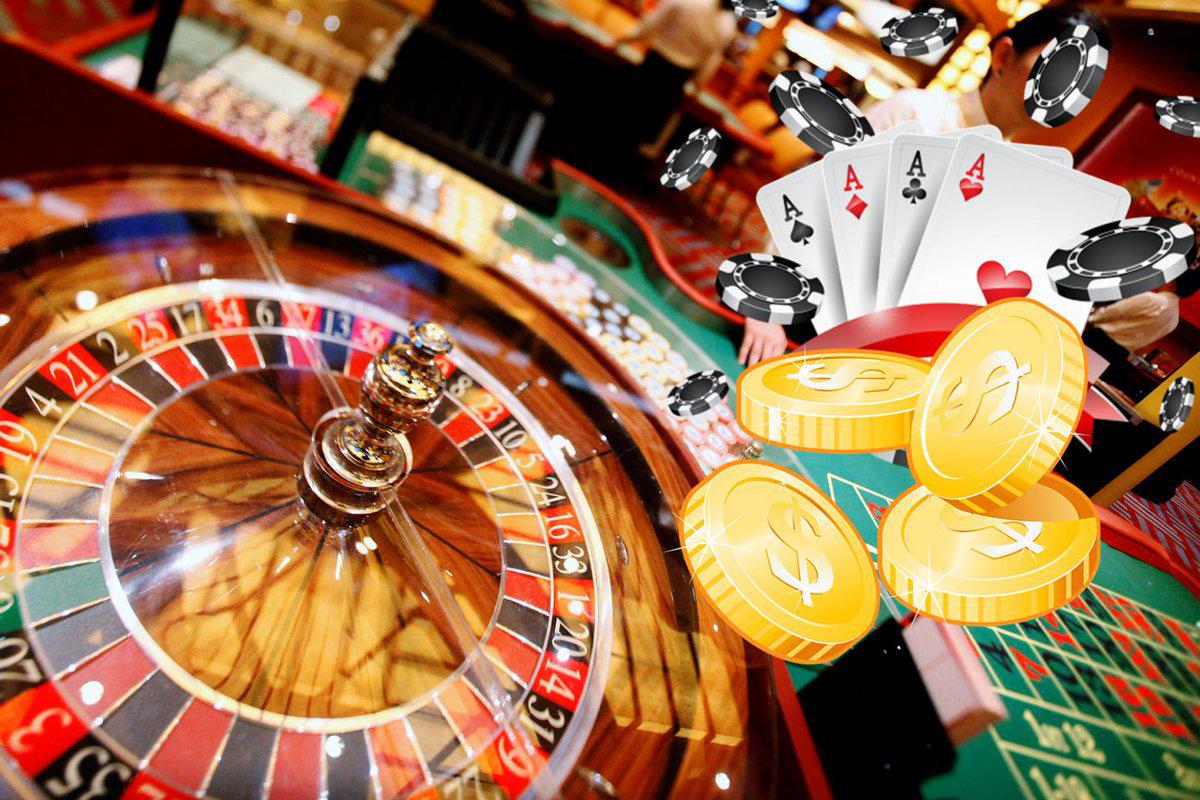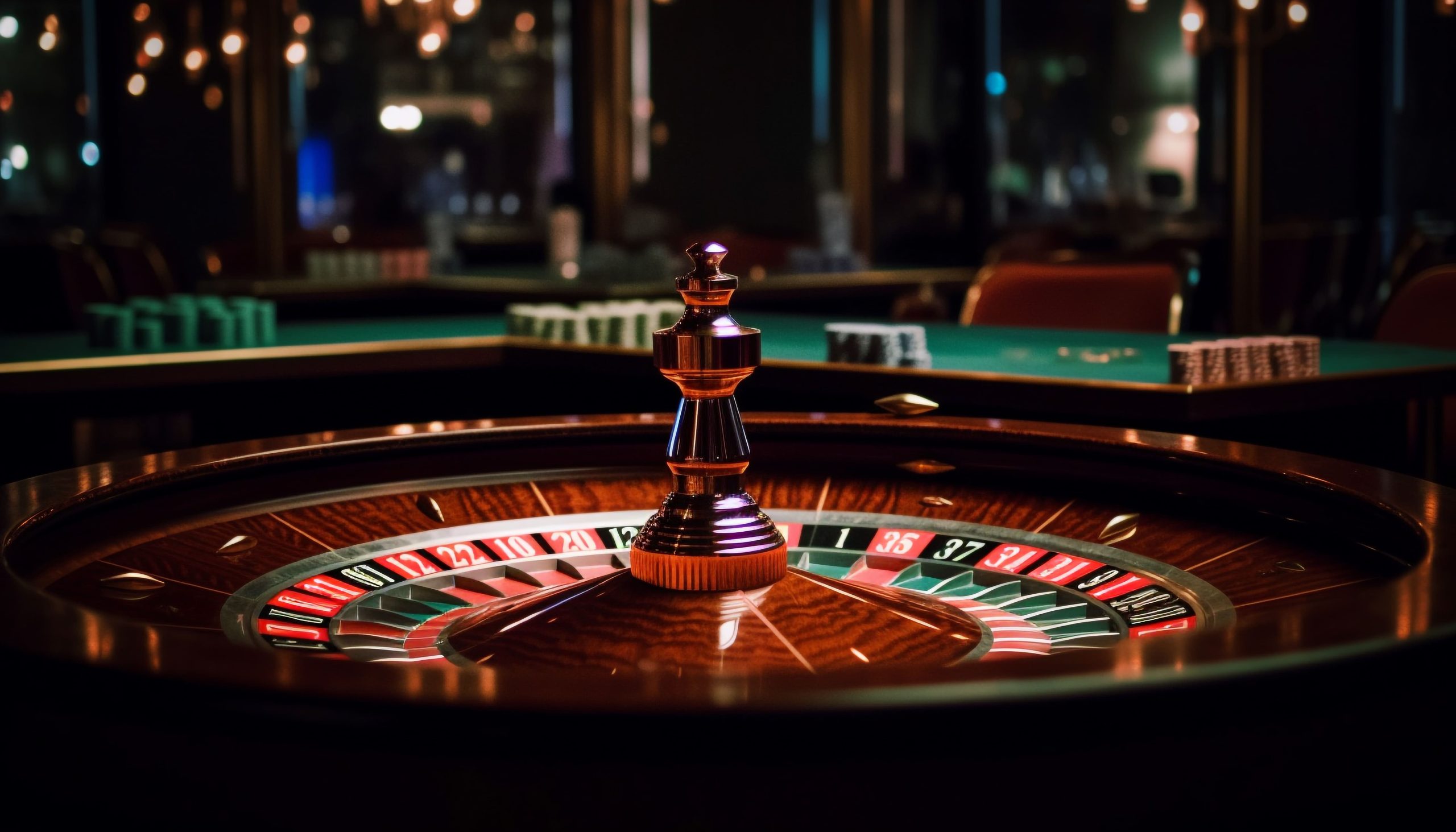
The prospect of legalizing casinos in Brazil has attracted significant attention from foreign investors eager to capitalize on the potential economic opportunities in one of the largest markets in Latin America. While foreign investment can bring expertise, capital, and technology to the Brazilian casino industry, it also raises questions about sovereignty, economic dependency, and cultural influence. In this article, we will explore the influence of foreign investment in Brazil’s casino industry, examining both its potential benefits and challenges.
Best casino slots in 2022 USA

300% Welcome Bonus |

Choose 100% Bonus |

Take 100% Welcome Bonus |

100% free spins |
Economic Stimulus and Growth
Foreign investment in Brazil’s casino industry has the potential to stimulate economic growth and development by injecting capital into the economy, creating jobs, and driving investment in infrastructure and services. Casinos require significant upfront investment for construction, licensing, and operations, providing opportunities for foreign investors to partner with local companies or governments to develop and operate gaming facilities. Moreover, the presence of foreign-owned casinos can attract tourists, both domestic and international, boosting the hospitality sector and supporting ancillary industries such as tourism, entertainment, and retail.
Transfer of Expertise and Technology

One of the benefits of foreign investment in Brazil’s casino industry is the transfer of expertise and technology from established gaming markets to the Brazilian market. Foreign casino operators bring years of experience, best practices, and technological innovations that can help modernize and professionalize the Brazilian (https://kingslotsbr.com/) gaming industry. This includes state-of-the-art gaming equipment, security systems, and management practices that can enhance the customer experience, improve regulatory compliance, and ensure the integrity of casino operations.
Regulatory Challenges and Sovereignty Concerns
However, foreign investment in Brazil’s casino industry also presents regulatory challenges and sovereignty concerns that must be carefully navigated. The presence of foreign-owned casinos raises questions about who controls and benefits from the gaming industry, as well as the extent of foreign influence over regulatory processes and decision-making. Moreover, foreign-owned casinos may be subject to different legal and regulatory frameworks than domestic operators, leading to potential disparities in market access, taxation, and oversight.
Economic Dependency and Vulnerability
Another challenge of foreign investment in Brazil’s casino industry is the potential for economic dependency and vulnerability to external shocks. Reliance on foreign capital and expertise may make the Brazilian gaming industry susceptible to fluctuations in global financial markets, changes in investor sentiment, and geopolitical tensions. Moreover, the dominance of foreign-owned casinos in the market may limit the ability of domestic companies to compete and innovate, leading to a reliance on foreign technology, know-how, and resources.
Cultural Influence and Social Impact

Foreign investment in Brazil’s casino industry also raises questions about cultural influence and social impact. The introduction of foreign-owned casinos may bring with it foreign cultural norms, values, and entertainment preferences that may not necessarily align with Brazilian culture and traditions. Moreover, the proliferation of foreign-owned entertainment venues, hotels, and restaurants associated with casinos may lead to the homogenization of local culture and the displacement of small businesses and indigenous enterprises.
Balancing Benefits and Risks
In conclusion, the influence of foreign investment in Brazil’s casino industry is a double-edged sword, offering both opportunities for economic growth and development and challenges related to sovereignty, dependency, and cultural influence. While foreign investment can bring expertise, capital, and technology to the Brazilian gaming market, it also raises questions about regulatory oversight, economic resilience, and cultural preservation. To maximize the benefits of foreign investment while mitigating its risks, Brazil must strike a balance between fostering a competitive and innovative gaming industry and safeguarding its sovereignty, identity, and cultural heritage. Through proactive regulation, strategic partnerships, and inclusive decision-making, Brazil can harness the potential of foreign investment to build a vibrant and sustainable casino industry that benefits all stakeholders.
Best casino slots in 2022 USA


300% Welcome Bonus |

Choose 100% Bonus |

Take 100% Welcome Bonus |

100% free spins |
